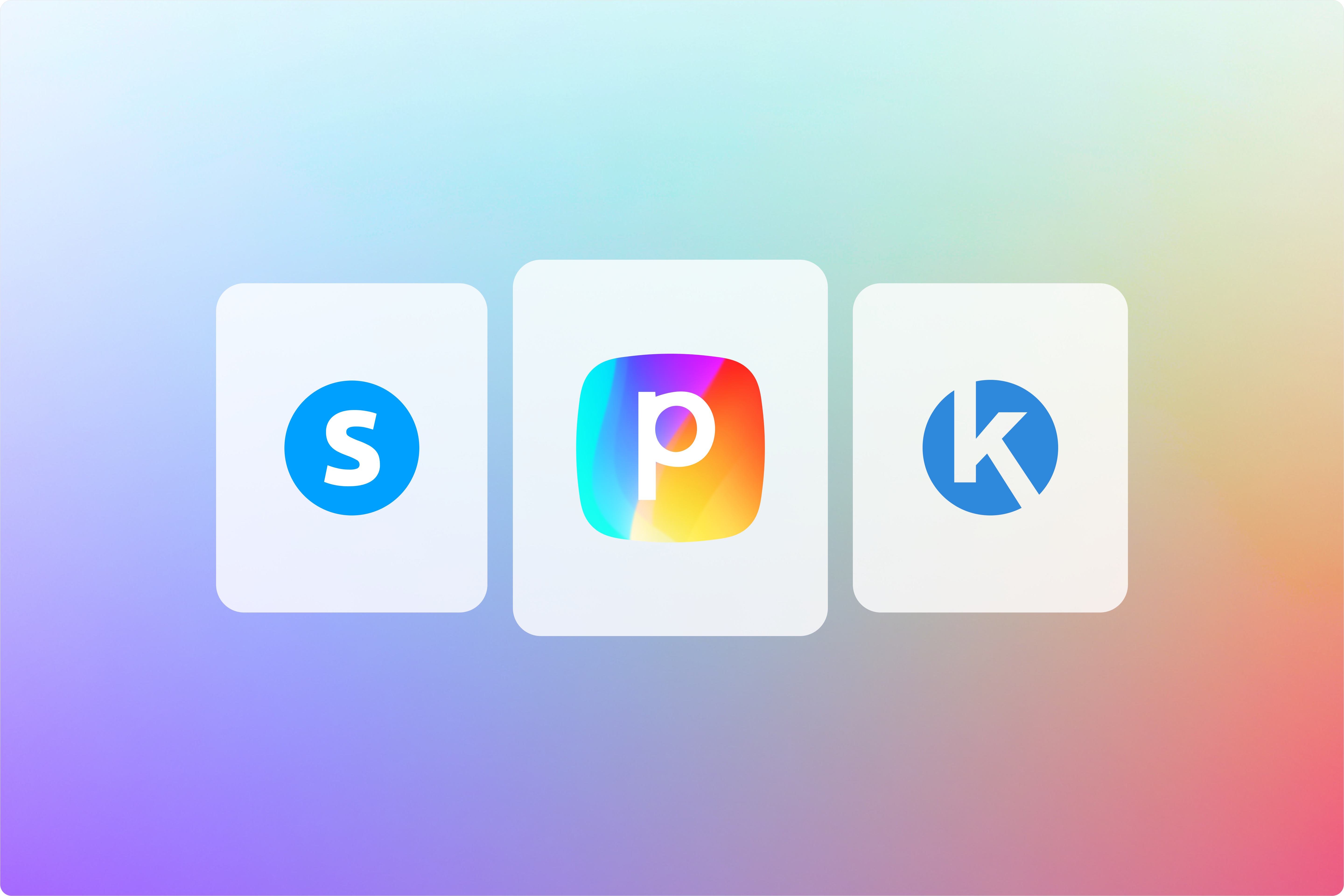Blog
Valuable content about online marketing, customer success stories, freebies & much more!
Thank you! Your submission has been received!
Oops! Something went wrong while submitting the form.
tools-and-comparisons

Tools and Comparisons
GoHighLevel Alternatives: The 7 Best Tools Compared
2025-10-27
tools-and-comparisons

Tools and Comparisons
Leadpages Alternatives: The Top 10 Tools for Higher Conversions
2025-10-24
tools-and-comparisons

Tools and Comparisons
Instapage vs ClickFunnels: What Converts Better?
2025-10-24
The 2000s Marketing Era is Over
Marketing channels and user expectations have changed. Build Perspective Funnels™ that match today’s user experience and drive the best results for your business.
Start my 14-day free trial









